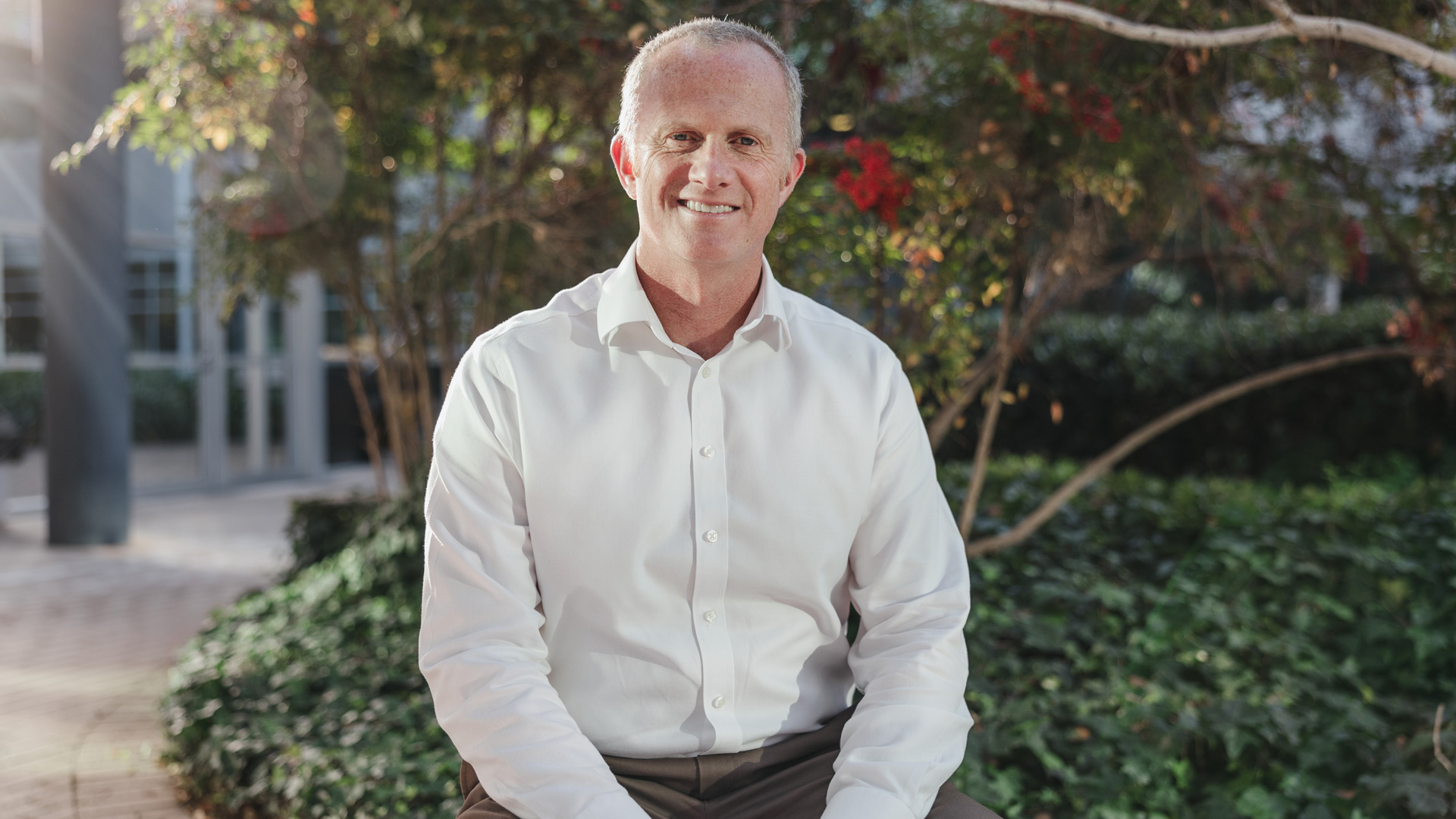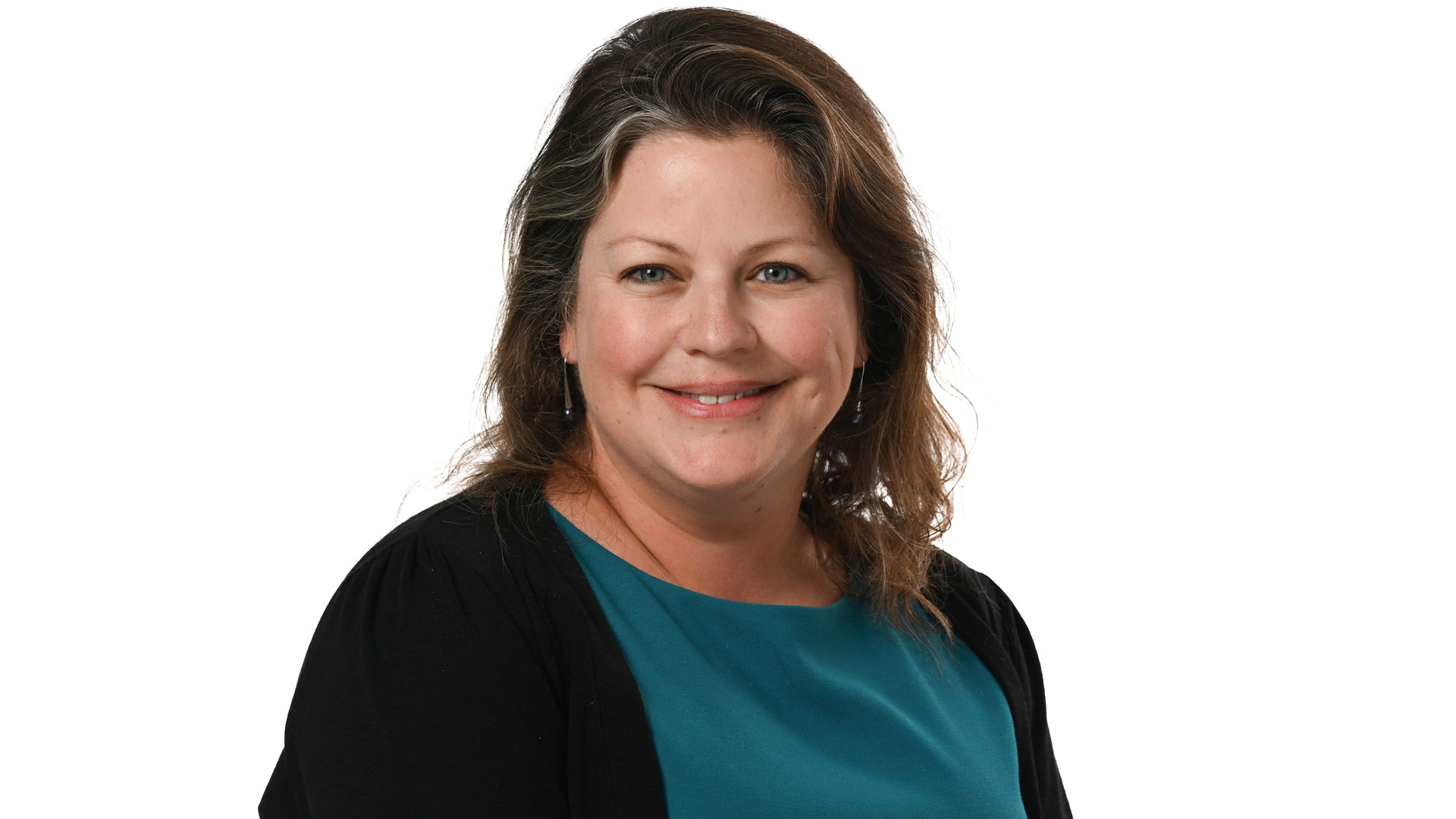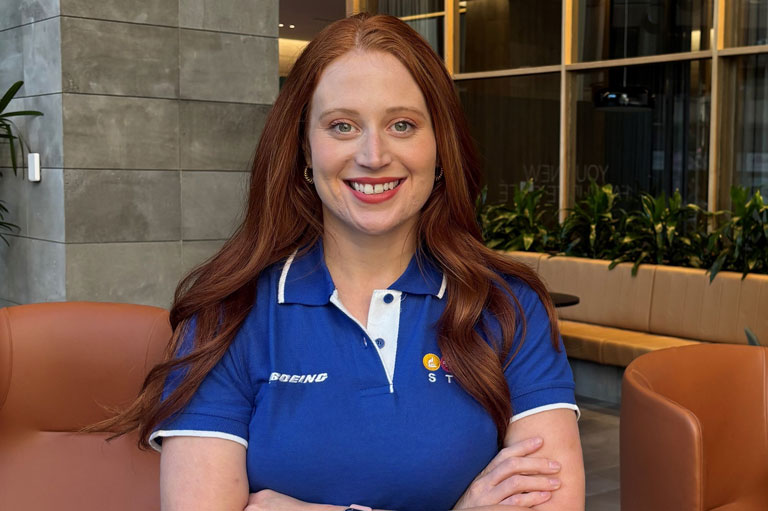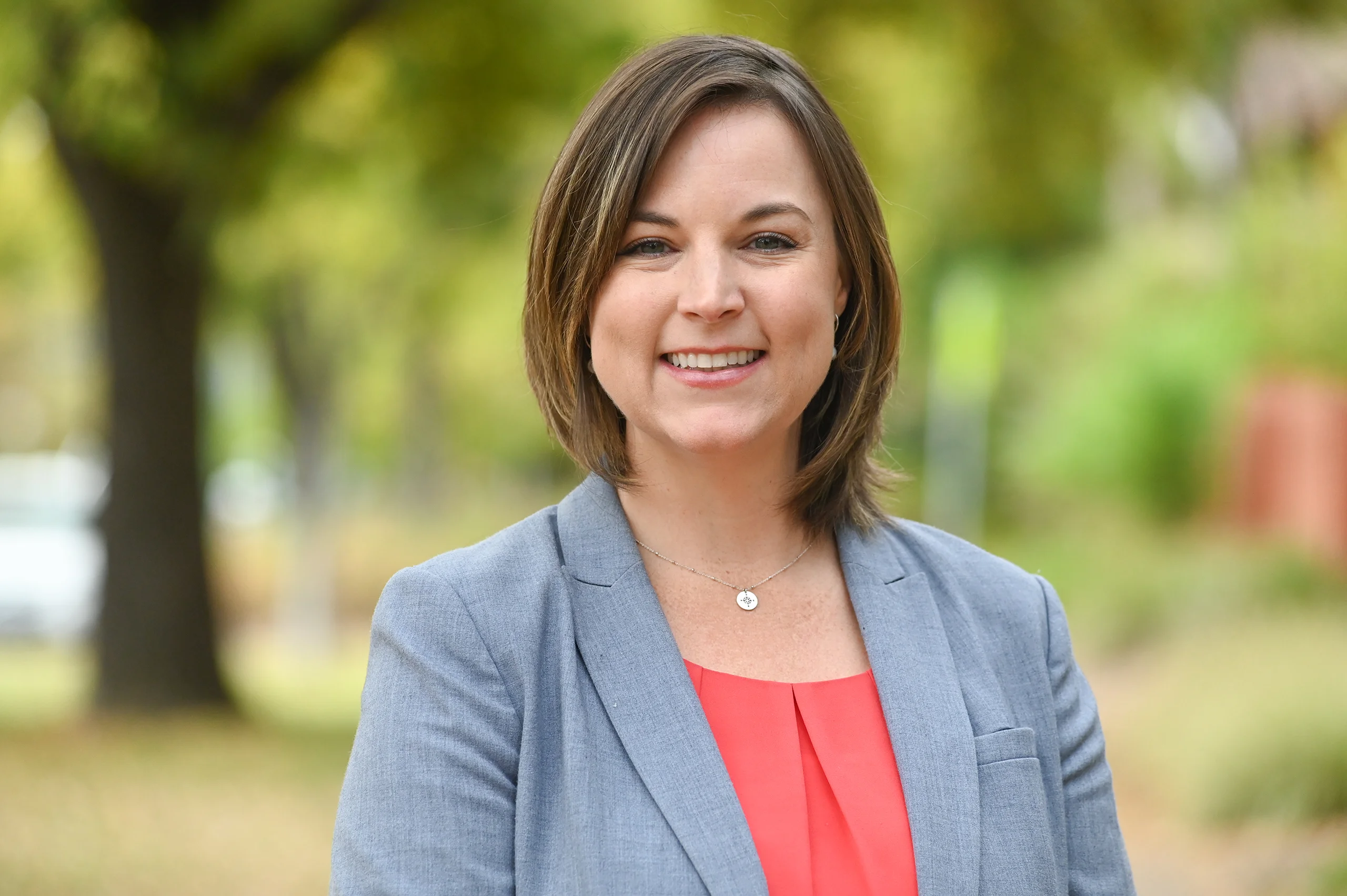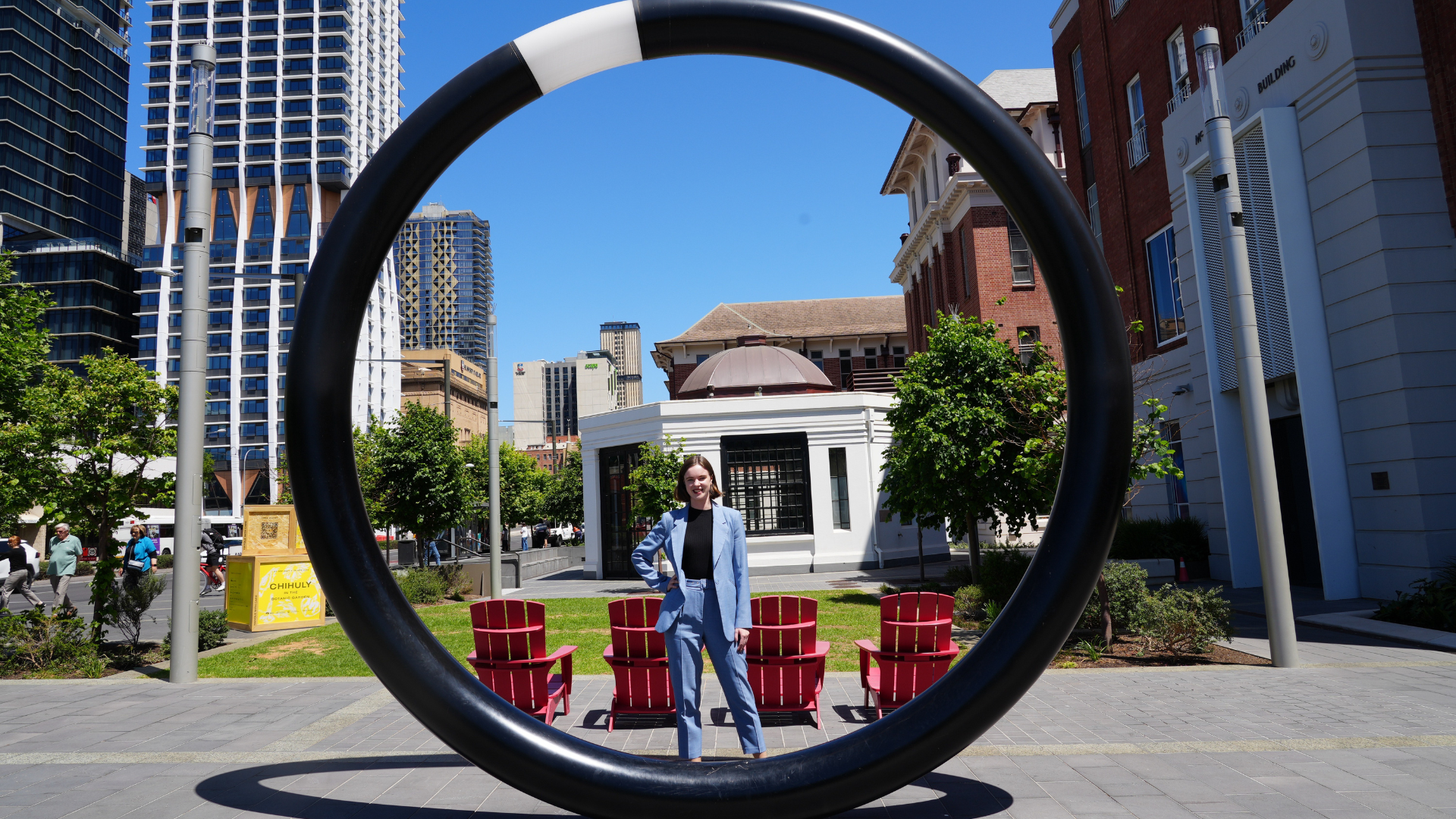From artillery and helicopters to land and aerospace
Marc Bryant’s successful Defence Force career spanned England, Northern Ireland, Afghanistan, and Australia. And when it came to transitioning to civilian life, Marc and his family chose South Australia as their permanent home base.
Like many other Top Gun fans, Marc Bryant grew up wanting to be a pilot.
After completing flying scholarships with the RAF and Air League, Marc launched his military career with the Army at the Royal Military Academy Sandhurst.
After commissioning as an Artillery Officer, Marc completed his first posting as an Air Defence Troop Commander in an Army Commando Battery, including a six-month infantry tour in Northern Ireland, Army Commando training and Arctic Warfare training. Towards the end of the posting, he passed selection for aircrew and spent the next year-and-a-half training to become a qualified helicopter pilot, achieving his dream of flying.
“Once qualified as a pilot, I was deployed back to Northern Ireland as a Flight Commander on Counter-Terrorism operations,” Marc reflected. “It was the first time that I flew on operations which was a challenging and demanding environment, often requiring low-level formation flying at night, and always against a threat. It was an incredible opportunity,” he added.
After two years in that role, Marc then re-deployed to an Air Assault Regiment based in Suffolk before accessing the Lateral Recruitment Scheme, enabling military personnel from international defence forces to join the Australian Defence Force (ADF), relocating him and his wife to Australia.
“My wife and I had never even been to Australia, but we were excited to embrace all that it offered us. We made the transition relatively smoothly, however, moving across the world permanently can take some getting used to,” Marc acknowledged.
Initially settling in Toowoomba, Queensland, Marc later transferred from aviation back to artillery, moving the couple to Woodside in South Australia.
Making a home in the Adelaide Hills for two years, Marc was then posted to Canberra to take up a role within the ADF’s Capability Development Group.
Two years later again, Marc took up study at the University of New South Wales, graduating with a Master of Management, specialising in Defence Capability Development and Acquisition.
Returning with his master’s degree in hand and a toddler and newborn in tow, the family returned to Woodside with Marc working as a Sub-Unit Commander.
“In my second year I was deployed to Afghanistan, completing a seven-month tour,” Marc said. “I was the Counter-Rocket, Artillery and Mortar task unit commander, responsible for supporting and protecting units in their bases. It was an amazing experience with an incredible team. Command on operations is the pinnacle of any military career,” he added.
Although his return promised study at the Australian Command and Staff College, Marc, his wife, and two children felt strongly that their preferred lifestyle was together in Adelaide, and that it was best for Marc to transition to the civilian workforce.
“I was fortunate to quickly find a job, via my network, that utilised the project management skills I had acquired during my Defence career. However, I certainly had doubts about whether I would fit in,” Marc reflected. “I missed many aspects of the Defence Force, even as I was being reassured that I was both valued and valuable outside of it,” he added.
During his two years consulting, Marc had begun conversations with Saab, knowing that he really wanted a connection back in to Defence, and the ability to use more of his knowledge to support the defence industry.
It has been more than ten years since that time, with Marc holding various appointments across the Saab Australia office, and a brief move to Raytheon to expand his knowledge and diversify his thinking.
Marc’s current roles sees him manage a team over 100 staff across business lines, working on such projects as the ADF’s Ground Based Air Defence capability and the JP2060-3 project, where Saab enables the ADF to rapidly deploy lifesaving medical equipment, facilities and services across Australia and the world.
While life has changed over time, one element of his time in the military that has not, is Marc’s desire to serve and support others.
At Saab, this resulted in him creating the Veteran Advisory Committee, for which he is now the Chairman, becoming a sitting member of the Prime Ministers Veterans’ Employment Industry Advisory Committee and coordinating Saab’s support of the 2018 Invictus Games. Outside of his work, Marc is also an Australian Army Reservist.
“Part of my role is to support Veterans transitioning to civilian life, to help them get a firm grasp on why they are leaving, to help steer them toward clear direction for the future, and reassure them that help to transition is available,” effused Marc. “The other part is to help change the narrative. There’s sometimes a perception that Veterans leave the Defence Force broken or damaged, but this is simply not the case for the majority of service leaves. There is a mounting body of evidence that describes the valuable contribution veterans and ADF partners can make to the civilian workforce. I’m proof of that, and I love to help others see that too.”
Published 8 February 2024
Explore More
Jenny Mortimer leads groundbreaking research on how unique species of plants can thrive in space and support future missions.
Tori Tasker started her career digging up ancient bones as an archaeologist, before pivoting to new career trajectory in the space sector.
When Shena Howell was pursuing her passion for the arts at a young age, she never thought her natural creativity would drive her to become an innovative thought leader in South Australia’s defence and space industries.
As one of South Australia’s youngest female STEM graduates rocketing to success in the state’s space sector, Georgia Dallimore is passionate about inspiring the next generation of women in STEM to reach for the stars.
